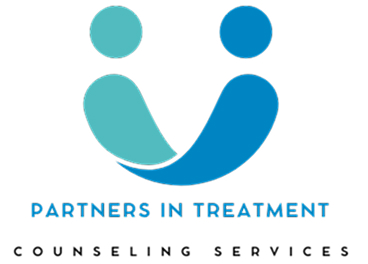Compulsive shopping
What is Compulsive Shopping and Spending?
Compulsive shopping and spending is described as a pattern of chronic, repetitive purchasing that becomes difficult to stop and ultimately results in harmful consequences. It is defined as an impulse control disorder and has features similar to other addictive disorders without involving the use of an intoxicating drug.
There are many social and cultural factors that tend to increase the addictive potential of shopping and spending. The easy availability of credit and the material focus of society in general, encourages people to accumulate possessions now and worry about financial responsibility later. Purchasing has been made easier with the availability of on-line shopping and television stations devoted to buying goods 24 hours a day.
Warning sign
- Shopping or spending money as result of feeling disappointed, angry, or scared
- Shopping or spending habits causing emotional distress in one’s life
- Having arguments with others about one’s shopping or spending habits
- Feeling lost without credit cards
- Buying items on credit that would not be bought with cash
- Feeling a rush of euphoria and anxiety when spending money
- Feeling guilty, ashamed, embarrassed, or confused after shopping or spending money
- Lying to others about purchases made or how much money was spent
- Thinking excessively about money
- Spending a lot of time juggling accounts or bills to accommodate spending
Identification with 4 or more of the above behaviors indicates a possible problem with shopping or spending.
Effects of Compulsive Spending
The shopping and spending activity itself is associated with a feeling of happiness and power, which is immediately gratifying. The after effects of remorse and guilt drive the spender back to purchase again to be able to achieve that brief, but intense, emotional high. Research has shown that many compulsive shoppers and spenders also suffer from mood disorders, substance abuse, or eating disorders. As with any addiction, the person becomes dependent on the behavior to relieve negative feelings that cause distress and discomfort. Compulsive shopping or spending may also result in interpersonal, occupational, family, and financial problems in one’s life. Impairment in relationships may occur as a result of excessive spending and efforts to cover up debt or purchases. They may experience anxiety or depression as a result of the spending or shopping, which may interfere with work or school performance. Financial problems may occur if money is borrowed or there is excessive use of credit to make purchases. Often the extent of the financial damage is discovered only after the shopper or spender has accumulated a large debt that necessitates a drastic change in lifestyle to resolve.
How can someone get help?
The first step is to determine if there is a problem. A Certified Addictions Counselor can effectively perform an assessment to determine what level of care is most appropriate. For a free confidential assessment, call the Illinois Institute for Addiction Recovery at (800) 522-3784. An assessment can be completed 24 hours a day, 7 days a week. Appointments are preferred, but walk-ins are always welcome.
Source: American Psychiatric Association
Take the First Step Today
Your journey to recovery and wellness begins with one step. Reach out today and let us guide
you towards a better future.
